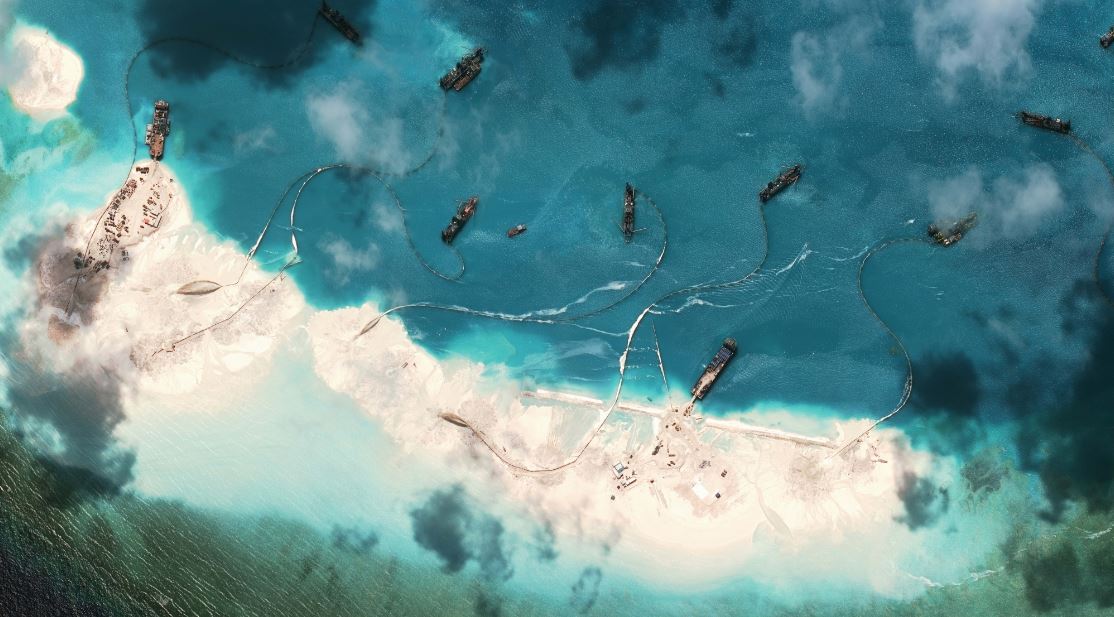
MANILA – Senator Ralph Recto expressed fears on Thursday that the Philippines will lose PhP200 million a day in fish catch if China puts up “no fishing” sign in the disputed West Philippine Sea.
”If the world will allow China to put up a ‘no fishing’ sign around the ‘Great Wall of Sand’ it is aggressively building in the West Philippine Sea, it will ‘starve’ Filipinos of a staple in their diet -– fish,” Recto said.
“There lies the greatest danger of Chinese incursion in our territory. It’s a formula for starvation. More than a national security question, it involves food security,” he added.
Recto called on the Filipino people to unite and support the Philippine delegation to The Hague, Netherlands where the country’s arbitration case against China’s aggressive territorial claims is being heard by the United Nations’ Arbitral Tribunal.
”We should unite in support of our Philippine delegation to The Hague because when China succeeds –- through might, not right -– in making the WPS its exclusive fishpond, it will not only lead to the disappearance of a large chunk of space from our territory, but also fish from our table,” Recto said.
He said that annual per capita consumption of fish and marine products in the Philippines is about 36 kilos.
Of the 4.705 million metric tons (MT) of fish caught in 2013, commercial fishers contributed 1.067 million MT, while municipal fishermen added 1.264 million MT. The rest, or 2.374 million MT, was raised through aquaculture.

By one estimate, more than three-fourths of total commercial and municipal fishing production came from the rich fishing grounds in the West Philippine Sea.
The value of what commercial and municipal fishermen produced in 2013 was about PhP150 billion, according to Recto.
A House of Representatives think-tank estimated that 20-25 percent of all the country’s annual fish catch come from the waters west of Palawan and Luzon’s western seaboard, two areas now embraced by the Chinese nine-dash line map.
Senior Associate Justice Antonio Carpio, one of the eminent persons in the country’s powerhouse delegation to The Hague hearing, in countless lectures, has warned against “the disastrous effect of losing our fishing grounds in the WPS.”
Recto described the West Philippine Sea as “a nursery, breeding ground of our fish.”
He said China’s push into Philippine water was motivated in part to secure rich fishing grounds that will satiate Chinese appetite for marine products.
“It’s a market of 1.360 billion people, each eating 31 kilos of fish each year,” he said.
Recto said the Philippine fisheries produced PhP244 billion worth of fish in 2013 — PhP93.7 billion from aquaculture, PhP80.9 billion from municipal fishermen, PhP69.9 billion from commercial fishers — or about 2 percent of the gross domestic product.